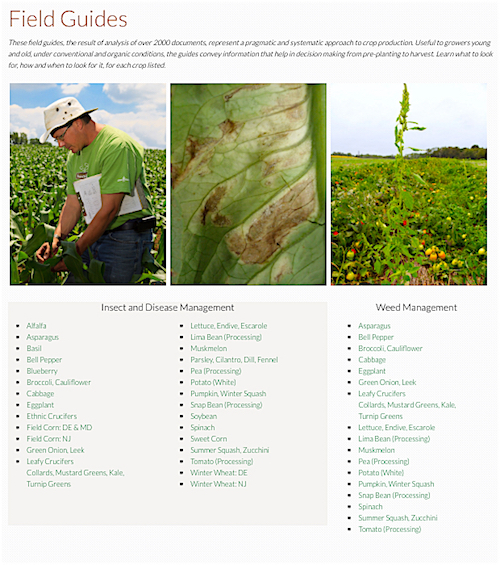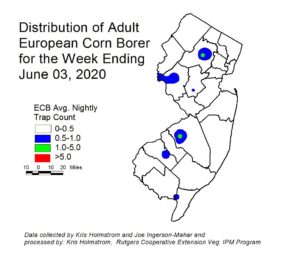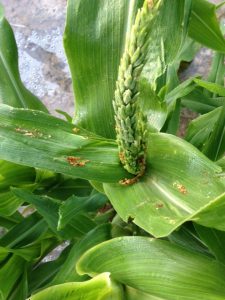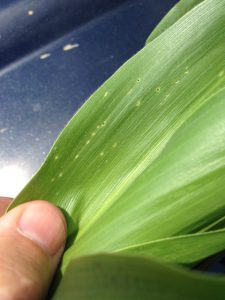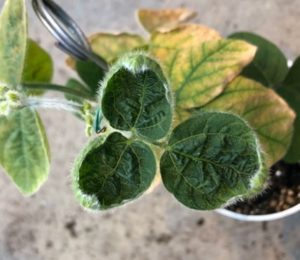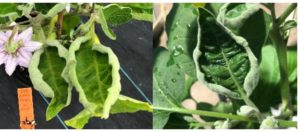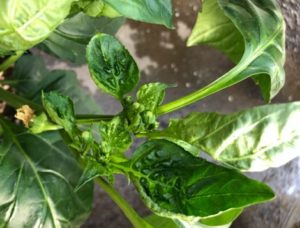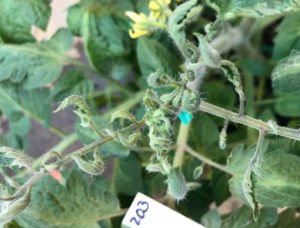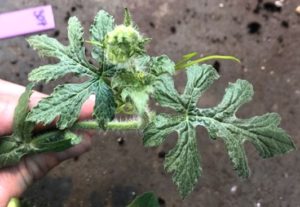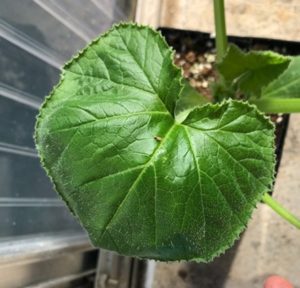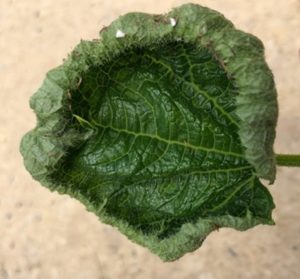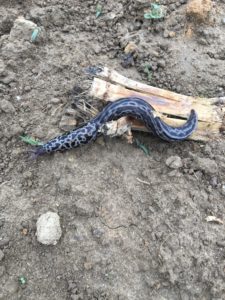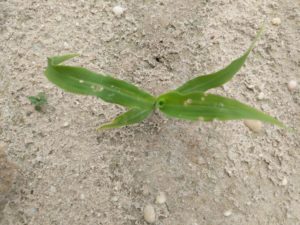A weekly “On-Farm Direct Marketing” webinar series was hosted in May 2020, by Agricultural  Agents Michelle Infante-Casella, Meredith Melendez, William Bamka, Stephen Komar and Wesley Kline to educate famers selling directly to the public about changes occurring to the industry as a result of the COVID-19 pandemic. Four sessions in May were presented with the last session being a farmer panel discussion about changes on farms forced due to the pandemic. Farmers included Tracy Duffield – Duffield’s Farm Market, Dave Specca – Specca You-Pick Farm, and Jess Niederer – Chickadee Creek Organic Farm. In May, 145 participants attended this online series, offered on Tuesday Evenings from 7:00-8:00 PM. All sessions were recorded and are available to view online. The topics included the following:
Agents Michelle Infante-Casella, Meredith Melendez, William Bamka, Stephen Komar and Wesley Kline to educate famers selling directly to the public about changes occurring to the industry as a result of the COVID-19 pandemic. Four sessions in May were presented with the last session being a farmer panel discussion about changes on farms forced due to the pandemic. Farmers included Tracy Duffield – Duffield’s Farm Market, Dave Specca – Specca You-Pick Farm, and Jess Niederer – Chickadee Creek Organic Farm. In May, 145 participants attended this online series, offered on Tuesday Evenings from 7:00-8:00 PM. All sessions were recorded and are available to view online. The topics included the following:
Session 1: Maintaining Social Distancing and Food Safety Handling: Guidance for Farm Markets. Recording found at: https://go.rutgers.edu/pqalghh7 – Wesley Kline, Ag Agent, RCE of Cumberland Co. and Meredith Melendez, Ag Agent, RCE of Mercer Co.
Session 2: Meeting Customer Demands for New Jersey Agricultural Products in Response to the COVID-19 Pandemic. Recording found at: https://go.rutgers.edu/8u8r4qb8 – William Bamka, Ag Agent, RCE of Burlington Co. and Stephen Komar, RCE of Sussex County
Session 3: U-Pick Best Management Practices During COVID-10 and Executive Order Compliance. Recording found at: https://go.rutgers.edu/dy026twh – Meredith Melendez, Ag Agent, RCE of Mercer Co.
Session 4: Farmer Panel – Changes Made to On-Farm Direct Marketing Due to the COVID-19 Pandemic. Recording Found at: https://go.rutgers.edu/zm5msjt0 – Moderators & Co-Organizers: Meredith Melendez, RCE of Mercer Co. and Michelle Infante-Casella, RCE of Gloucester Co.
For more information on COVID-19 Farm Safety and other Food Safety resources see the Rutgers On-Farm Food Safety webpage.
 Articles in this section contain information helpful to the NJ commercial organic grower.
Articles in this section contain information helpful to the NJ commercial organic grower.